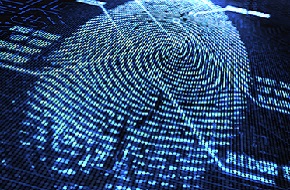
PDCIL - CSP-202-Unde ...
Topic outline
-

Program on Cyber Investigation Management
- Name: Cyber Investigation Management
- Credits: 3
- Faculty: Dr.Muthukumaran
- Mode: Online / Classroom
- Level: Beginner / Intermediate
- Medium: English
- Resources: Case Studies and Assignments
- Prerequisite: Basic knowledge of Computer
-
Unit 1: Investigation: Concepts of Investigation - types of investigation - Digital Investigation – Intrusion investigation – Criminal investigation – forensic investigation – Network investigation - Observation skills and the investigate process – Investigation Unit and Role of investigator – Electronic Discovery – Hypothesis creation - Legal Context - Professional Ethics: Characteristics - system of professions and code of ethics and professional conduct
Unit 2: Cyber Investigation: Warrant – Types of warrant - Search warrant - concept of search – home search – computer search - cyber investigation - Network Investigation - Investigating audit logs - Investigating Web attacks - Investigating Computer Intrusions - and Profiling- criminal and profiling - deviant behavior - Motive and Stylometric
Unit 3: Cyber Crime Scene: Elements of a cyber-case – Scene of cyber-crime - Surveying and preserving digital crime scene – Crime Scene Photography - Chain of custody –challenges – Admissibility.
Unit 4: Evidence Management: Evidence – Digital Evidence - Types of evidence – physical evidence – real evidence – circumstantial evidence – network evidence- digital evidence– Evidence collection – Evidence Analysis - Contextual Information – Timing - Evidence Management –- Investigative Reconstruction with Digital Evidence. - The Process of Elimination - Tools
Unit 5: Case Management : case life cycle - Identification of a cyber-crime –code of criminal procedure - Jurisdiction –types of jurisdiction – Handling a Digital Crime Scene - Cyber Crime Case filing procedures – Lodging a complaint – Registering case - Filing F.I.R. – Contents of F.I.R - Tracking of FIR - correlation; corroboration - Cyber Crime in Court - Role of court appointed experts